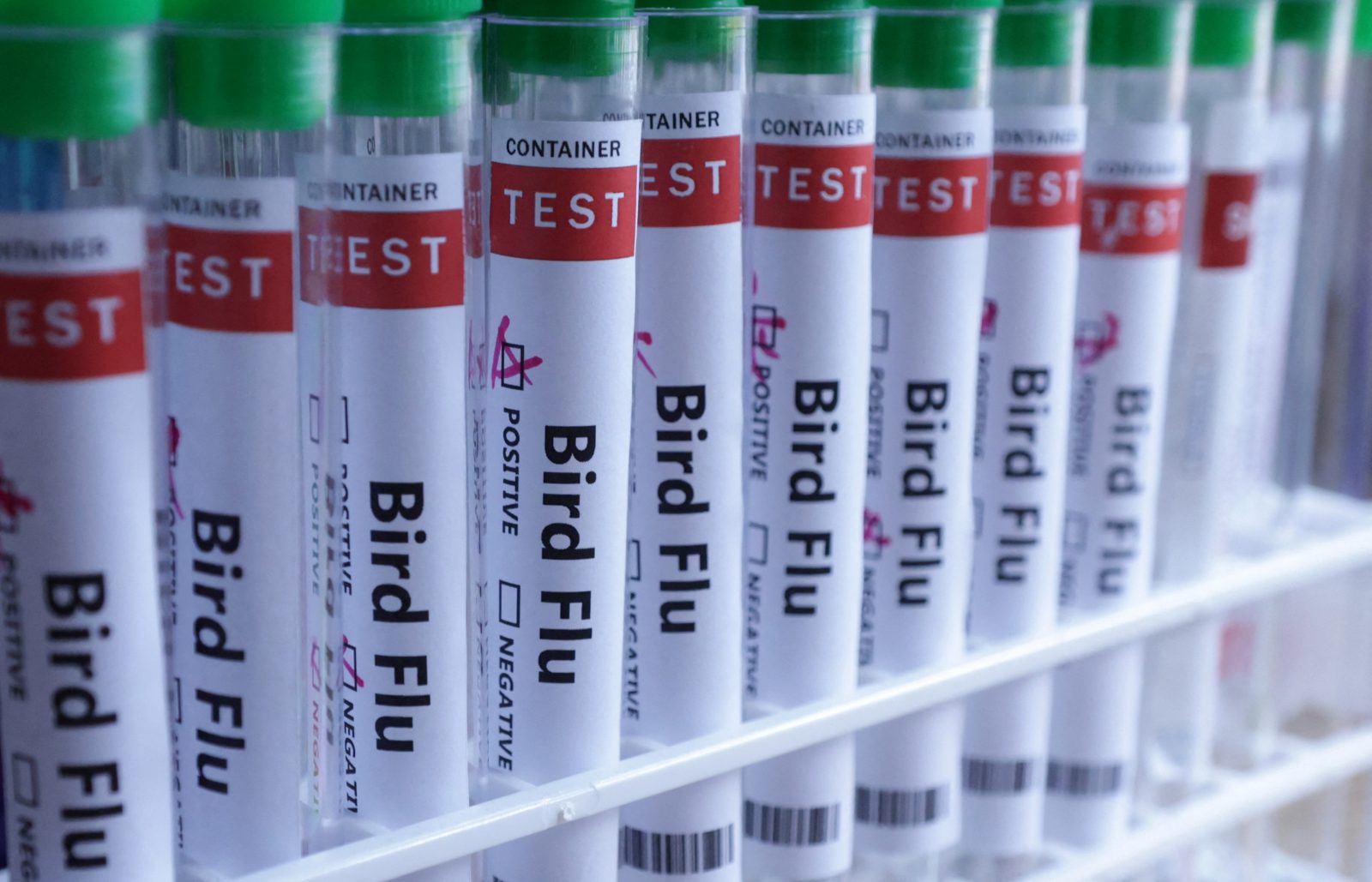
Bird Flu: Several Farms Under Lockdown, Over 1 Million Chickens To Be Slaughtered In Australia

Highly pathogenic avian influenza (bird flu) has now spread to a seventh poultry farm near Melbourne, according to the government of Victoria State in Australia.
Six farms are affected by the H7N3 flu strain, while the seventh deals with the H7N9 strain. Neither of these strains is the H5N1 type, which has infected billions of wild and farmed animals globally and raised concerns about human transmission.
The affected properties include six egg farms and one duck farm. The government announced last week that approximately one million chickens, which account for about 5% of Australia’s egg-laying flock, have been or will be culled to contain the virus.
Despite the outbreaks, there has been no egg shortage, though some retailers have implemented purchase limits.
Last month, Australia reported its first case of avian influenza in a young child who previously contracted the disease in India but recuperated.
This came when the U.S. reported that a farm worker was diagnosed with bird flu, marking the second human case linked to an outbreak in U.S. dairy cows.
Following the detection of the avian influenza strain, H5N1 in humans, the U.S. and Europe have been working to obtain H5N1 bird flu vaccines to vaccinate at-risk poultry and dairy workers, veterinarians, and lab technicians, as experts believe these measures could help prevent a pandemic.
Read more: Kenya’s Finance Bill Passes Second Reading Amidst Nationwide Protest
About The Author
Related Articles
FIFA Confirms DR Congo Playoff Spot, Ending Nigeria’s World Cup Dream
Nigeria’s hopes of qualifying for the 2026 FIFA World Cup have come...
ByWest Africa WeeklyMarch 5, 2026Ghanaians to Travel to St Kitts and Nevis Without Visa
Ghanaian citizens will soon be able to travel to the Caribbean nation...
ByWest Africa WeeklyMarch 5, 2026Ghana Records Sharp Drop in Inflation, Lowest Since 2021
Ghana’s inflation rate dropped to 3.3 percent in February 2026, marking the...
ByWest Africa WeeklyMarch 5, 2026Iran’s Strikes on U.S. Bases Expose the Hidden Dangers of Hosting Western Troops — A Warning for Africa as Leaders Like Tinubu Expand U.S. Military Presence
The recent escalation in military tensions between the United States and Iran...
ByWest Africa WeeklyMarch 5, 2026











